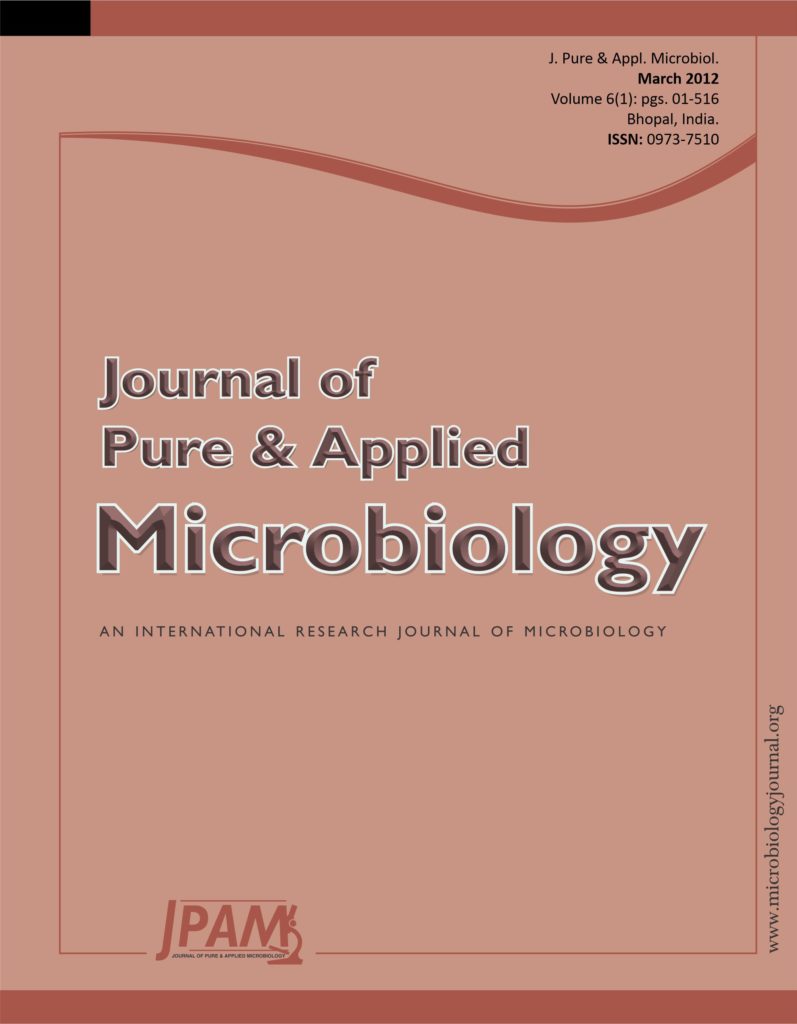Plastic pollution has emerged as one of the most challenging problems of the mankind, and can be satisfactorily addressed through Biodegradation. The present study is an attempt to explore the bio degradation of plastic cups and polythene bags (carry bags) using mangrove soils, petroleum soil, and molasses soil. Plastic cups and polythene bags were incubated for a period of 2,4,6,9, months in various soils using microbes like Pseudomonas species, Staphylococcus, Aspergillus niger and Aspergillus glaucus. Degradation of plastics was determined by the weight loss of the sample and bacterial activity in soil. The microbial counts were recorded as 45.68×103/g for total bacteria and 33.33×102 /g for fungi in mangrove soil, 26.70×103 /g for total bacteria and 20.22×102 /g for fungi in petroleum soil, and 23.49×103/g for total bacteria and 22.33×102 /g for fungi in molasses soil, The present work reveals that the above soils have the potential to degrade plastic cups and polythene bags among which Mangrove soil has the high degradability rate.
Microbes, bio degradation, mangrove soil, plastic pollution, Microbial Count, Molasses, Polythene, Bacterial activity, incubation, fungi
© The Author(s) 2012. Open Access. This article is distributed under the terms of the Creative Commons Attribution 4.0 International License which permits unrestricted use, sharing, distribution, and reproduction in any medium, provided you give appropriate credit to the original author(s) and the source, provide a link to the Creative Commons license, and indicate if changes were made.


